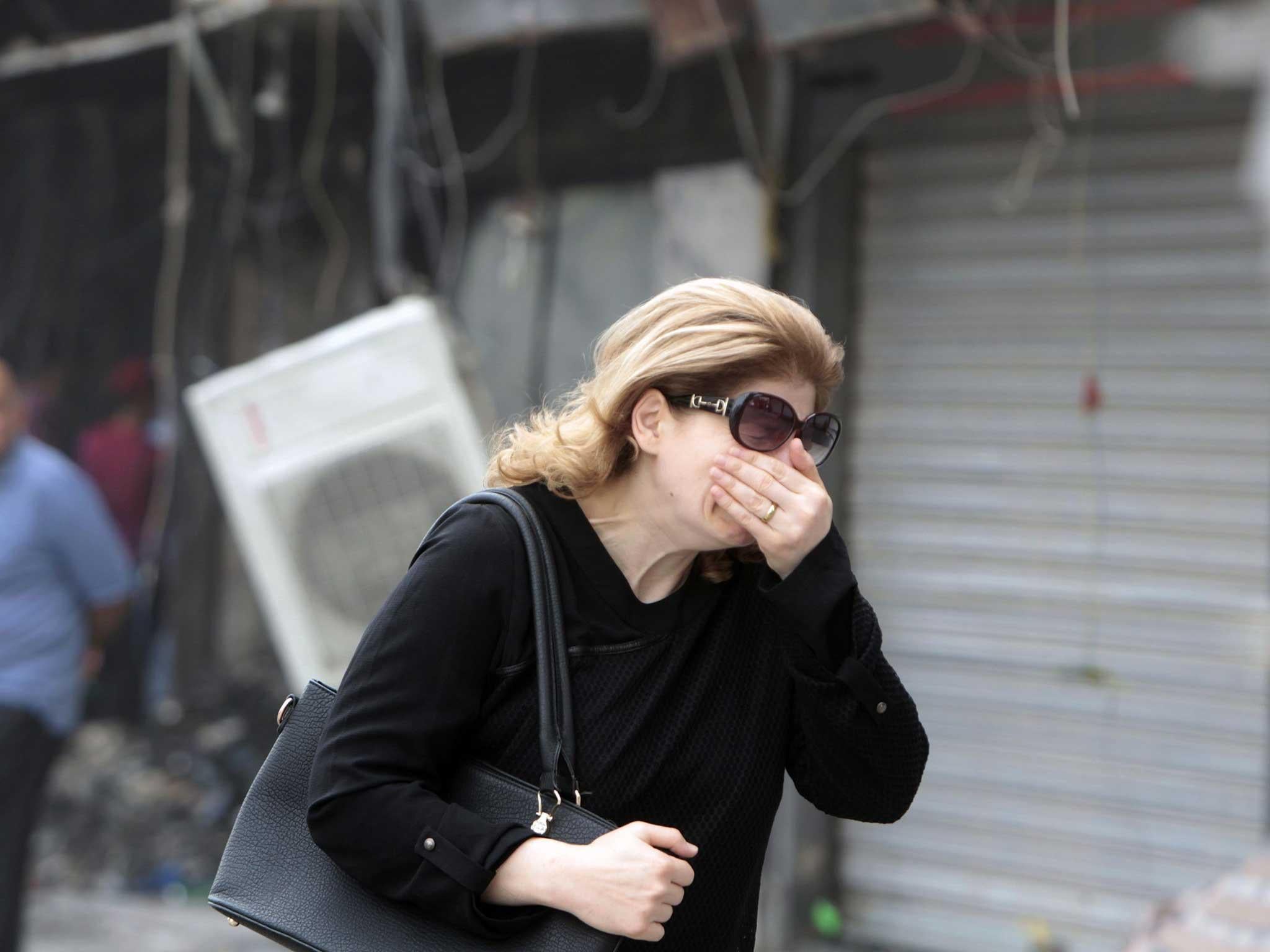Iraqi PM tells police to stop using fake bomb detectors after Isis Baghdad attack
The novelty golf ball finders were sold to Iraq and other nations as hand-held bomb detectors by a British conman

Your support helps us to tell the story
From reproductive rights to climate change to Big Tech, The Independent is on the ground when the story is developing. Whether it's investigating the financials of Elon Musk's pro-Trump PAC or producing our latest documentary, 'The A Word', which shines a light on the American women fighting for reproductive rights, we know how important it is to parse out the facts from the messaging.
At such a critical moment in US history, we need reporters on the ground. Your donation allows us to keep sending journalists to speak to both sides of the story.
The Independent is trusted by Americans across the entire political spectrum. And unlike many other quality news outlets, we choose not to lock Americans out of our reporting and analysis with paywalls. We believe quality journalism should be available to everyone, paid for by those who can afford it.
Your support makes all the difference.Iraq's prime minister has ordered the country's security forces to stop using fake bomb detectors at checkpoints, after 165 people were killed in an Isis bomb attack in Baghdad.
Haider al-Abadi also ordered an investigation at the interior ministry into "corrupt deals" to buy the fake bomb detectors, known as ADE 651.
The novelty golf ball finders were sold to Iraq and other nations as hand-held bomb detectors by British conman James McCormick.
McCormick was sentenced to 10 years in jail for endangering lives for "obscene profits" in 2013.
The former policeman made $75 million (£48 million) from the Iraqi government alone.
The "golf ball finders" - which did not work - cost around $20 (£13) each and McCormick sold them for $40,000 (£26,000) each to the Iraqi government.
Iraqi Prime Minister Abadi also ordered X-ray systems be installed at entry points into Baghdad and other provinces.
He also demanded upgrades tot he capital's security belt, increased aerial scanning and stepped-up intelligence efforts.
Iraqi and foreign officials have linked the recent increase in Iis attacks —especially large-scale suicide bombings — with the string of battlefield losses the extremist group has faced over the past year.
Iraqi security forces, supported by US-led coalition airstrikes, have retaken the cities of Tikrit, Ramadi and Fallujah.
Additional reporting by agencies
Subscribe to Independent Premium to bookmark this article
Want to bookmark your favourite articles and stories to read or reference later? Start your Independent Premium subscription today.
Join our commenting forum
Join thought-provoking conversations, follow other Independent readers and see their replies
Comments